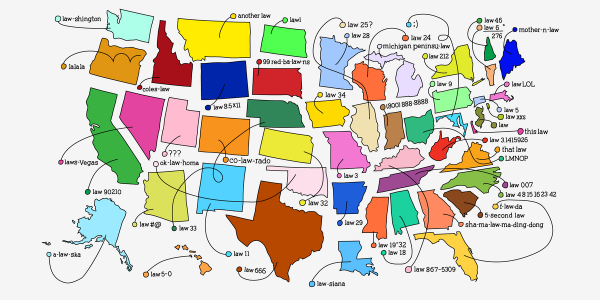Article by Thorin Klosowski at the New York Times: “With more of the things people buy being internet-connected, more of our reviews and recommendations at Wirecutter are including lengthy sections detailing the privacy and security features of such products, everything from smart thermostats to fitness trackers. As the data these devices collect is sold and shared—and hacked—deciding what risks you’re comfortable with is a necessary part of making an informed choice. And those risks vary widely, in part because there’s no single, comprehensive federal law regulating how most companies collect, store, or share customer data.
Most of the data economy underpinning common products and services is invisible to shoppers. As your data gets passed around between countless third parties, there aren’t just more companies profiting from your data, but also more possibilities for your data to be leaked or breached in a way that causes real harm. In just the past year, we’ve seen a news outlet use pseudonymous app data, allegedly leaked from an advertiser associated with the dating app Grindr, to out a priest. We’ve read about the US government buying location data from a prayer app. Researchers have found opioid-addiction treatment apps sharing sensitive data. And T-Mobile recently suffered a data breach that affected at least 40 million people, some who had never even had a T-Mobile account.
“We have these companies that are amassing just gigantic amounts of data about each and every one of us, all day, every day,” said Kate Ruane, senior legislative counsel for the First Amendment and consumer privacy at the American Civil Liberties Union. Ruane also pointed out how data ends up being used in surprising ways—intentionally or not—such as in targeting ads or adjusting interest rates based on race. “Your data is being taken and it is being used in ways that are harmful.”
Consumer data privacy laws can give individuals rights to control their data, but if poorly implemented such laws could also maintain the status quo. “We can stop it,” Ruane continued. “We can create a better internet, a better world, that is more privacy protective.”…(More)”
